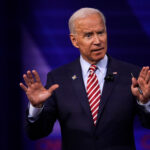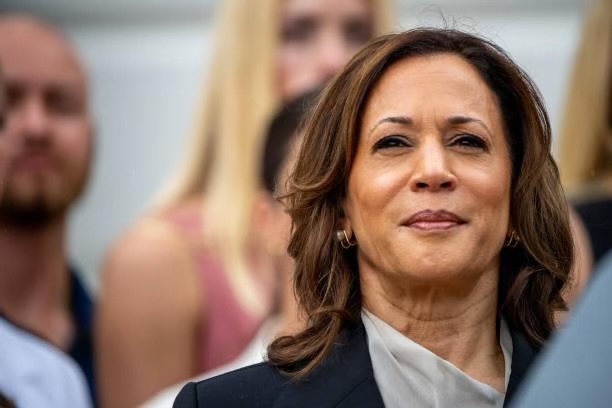As Vice President Kamala Harris’s election campaign neared its dramatic conclusion, a last-ditch effort to energize voters through a series of star-studded concerts has sparked outrage and finger-pointing within the ranks. The controversial decision to spend up to $20 million on concerts in key swing states—held just hours before Harris’s eventual election loss to former President Donald Trump—has drawn heavy criticism. Now, some members of the campaign’s defeated team are voicing concerns that vendors and staff could go unpaid as the campaign faces significant debt.
The ill-fated concerts, which were designed to galvanize lower-propensity voters in battleground states, featured performances from some of the biggest names in music. Among them were Jon Bon Jovi in Detroit, Christina Aguilera in Las Vegas, Katy Perry in Pittsburgh, Lady Gaga in Philadelphia, and 2 Chainz in Atlanta. Sources close to the campaign revealed that despite the performances being donated by the artists, the events still required a substantial financial commitment in terms of logistics, security, venue rental, and staff.
One of the most significant casualties of this push, according to insiders, was a planned performance by ’90s alt-rock icon Alanis Morissette, which was scrapped to save money after the campaign’s budget ballooned.
The concerts were the brainchild of campaign strategist Stephanie Cutter, an alum of former President Barack Obama’s campaigns. Cutter, along with former Obama campaign manager David Plouffe, pushed the concert concept in an effort to appeal to younger and more disengaged voters, believing that music and celebrity could motivate them to turn out at the polls.
However, the strategy seems to have backfired, as the campaign found itself burning through cash in the final days of the race. According to multiple sources, the decision to hold such costly events—less than 24 hours before Election Day—was met with frustration from campaign staff, many of whom felt that the resources could have been better used elsewhere.
“This was a blow to our coffers at the worst possible time,” one Harris campaign insider said. “We were already facing challenges in mobilizing voters and now we were blowing millions on concerts. The money we spent could have been used to pay staff and vendors, some of whom are still waiting for payment.”
As Election Day unfolded, the Harris campaign’s financial instability became more apparent. The same $20 million that had gone into the concert series was reportedly the same amount by which the campaign was in debt. Multiple sources told The Post that everyday staff, as well as vendors who worked tirelessly on the campaign trail, are now facing uncertainty about whether they’ll receive the payments they are owed.
Despite the high-profile endorsements from big names like Lady Gaga and Katy Perry, the concerts did little to prevent Harris’s eventual defeat in a hard-fought battle against Trump. While the performers may have donated their time, the events were still a logistical nightmare for campaign organizers, many of whom are now questioning the wisdom of the decision.
“Stephanie Cutter and David Plouffe were brought in to run things after Harris took over from Biden,” one former Harris campaign staffer noted. “But their approach—trying to relive the 2008 Obama playbook—wasn’t the answer. It created internal divisions, and now the campaign is left with a huge debt and unpaid bills.”
While some former Biden staffers have expressed frustration with Cutter’s strategy, others defend her approach, arguing that bold ideas were necessary to energize the electorate. Yet, as the dust settles after the election, it’s clear that the cost of those ideas may have been far higher than anticipated.
The fallout from the Harris campaign’s concert debacle raises broader questions about the financial management of high-stakes political campaigns. With vendors and staff still in limbo, and the campaign deeply in debt, many are left wondering: in the high-octane world of modern politics, does spectacle and celebrity really translate into votes?
As the dust settles from this election, one thing is clear: in the world of politics, as in life, you live—and you learn.





